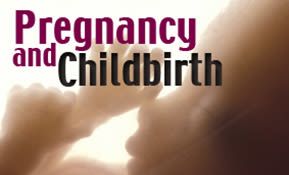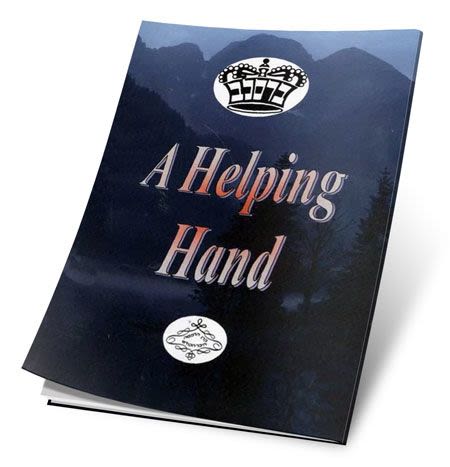
Anticipating a Period
Breslev Israel is pleased to present a nutshell course in Jewish family purity. This week, we learn how to anticipate and calculate the expected period according to Jewish Law.

The Laws of Family Purity, Part 3
11. Are there any other times that a woman is prohibited to her husband due to the Nidah prohibition aside from when she has her period, or sees a stain, or as will be mentioned in question 52?
Yes. There are various days on which a woman has an obligation to separate from her husband. These are the days when there is a suspicion that her period may begin.
12. How can a woman determine which are the days on which her period may begin?
The days on which a woman must separate from her husband are dependent on the type of period that she has. There are two main categories into which a woman’s period can belong. There is the Regular Period (veses kavuah) and there is the Irregular Period (veses she’aino kavuah). The days of separation and the Halachos pertaining to these days of separation preceding a woman’s period are dependent on which type of period she has, as we will explain in the following paragraphs.
13. What is the meaning of a Regular Period veses kavuah and an Irregular Period veses she’aino kavuah?
A Regular Period veses kavuah is established when the same number of days intervenes between one period and the next for three consecutive intervals. This means, for example, a woman whose period always comes after 29 days for at least three consecutive intervals. We call in Hebrew the intervening days between one period and the next her haflagah.
Another way to establish a Regular Period veses kavuah is when a woman begins to menstruate on the same day of the Hebrew month for three consecutive months; for example, the fifth of Iyar, the fifth of Sivan, and the fifth of Tamuz. (These are names of various Hebrew months.) We always determine the periods according to the Jewish calendar, therefore you should always have one handy.
Note that there is an additional condition that must be met before we establish a Regular Period. This is that the woman’s period must begin each of these three times either in the daytime or at night. However, if the woman does not receive the three periods consecutively either by day or by night, she should consult her Rav, since there is an opinion that even in such a case she may have established a Regular Period.
In summation, we have so far mentioned two types of Regular Periods; the interval date (haflagah) and the Monthly Date. We will discuss other types of Regular Periods veses kavuah in Questions 30-37. In contrast, an Irregular Period, is when a woman’s period comes at different intervals (i.e.-once after 29 days, a second time after 32 days, and a third time after 27 days) or on different days of the Hebrew month.
14. In summary, what factors does a woman with an irregular Period (veses shaino kavuah) have to take into consideration in order to know on which days she should anticipate her next period?
The woman with an Irregular Period must always anticipate her period based on her Interval Date (haflagah – interval between periods), her Average Cycle (onah beinonis) (30th and 31st day), and her Monthly Date (yom hachodesh) (same Hebrew date of the next month).
15. Besides not having relations with one’s husband, are embracing and kissing also prohibited on these Days of Anticipation?
No. The only prohibition is in regard to having marital relations. However, since there are some authorities who also prohibit embracing and kissing, it is recommended that one should refrain from these actions as well. Blessed are those who are stringent in this.
It should be noted, however, that the other things that are prohibited during the time that the woman is a Nidah (as discussed in Chapter Eleven) are permitted on these days.
16. You explained two types of Regular Periods (veses kavuah). Are there any other ways to establish a Regular Period?
Yes. The Shulchan Aruch mentions many types of periods which are considered Regular Periods. We will mention a few here. for a more detailed discussion, one should refer to the Shulchan Aruch and its commentaries.
17. If a woman’s period never comes before 31 days, does she have to anticipate her period on the Average Cycle (onah beinonis)?
If a woman has her period after 32 days, then after 38 days, then after 35 days, etc., but never before 31 days, there are conflicting opinions as to whether she has to separate from her husband during the onah beinonis (the 30th and 31st days). Since there are those who say that this woman should separate on those days, it would be best for such a woman to consult a Rav as to how she should conduct herself.
18. What is the Halachah in the case of a woman whose period always comes between a certain number of days; for example, she always has her period between the 27th and 29th day?
If a woman always has her period within a specific number of days; i.e. between 27 and 29 days, meaning to say that her period began at least three times on each day, we consider her prohibited to her husband on the 27th, 28th and 29th days. This is because she does not have one specific day on which her period begins.
However, if she had her period three times each on the 27th and 28th day, but only twice on the 29th day, and her last period was not on the 29th day, she is permissible to her husband on the 29th day. However, she must make an internal examination prior to having marital relations.
To be continued.
(Reprinted with kind permission of Yeshivat Neveh Tzion and www.neveh.org)









Tell us what you think!
Thank you for your comment!
It will be published after approval by the Editor.